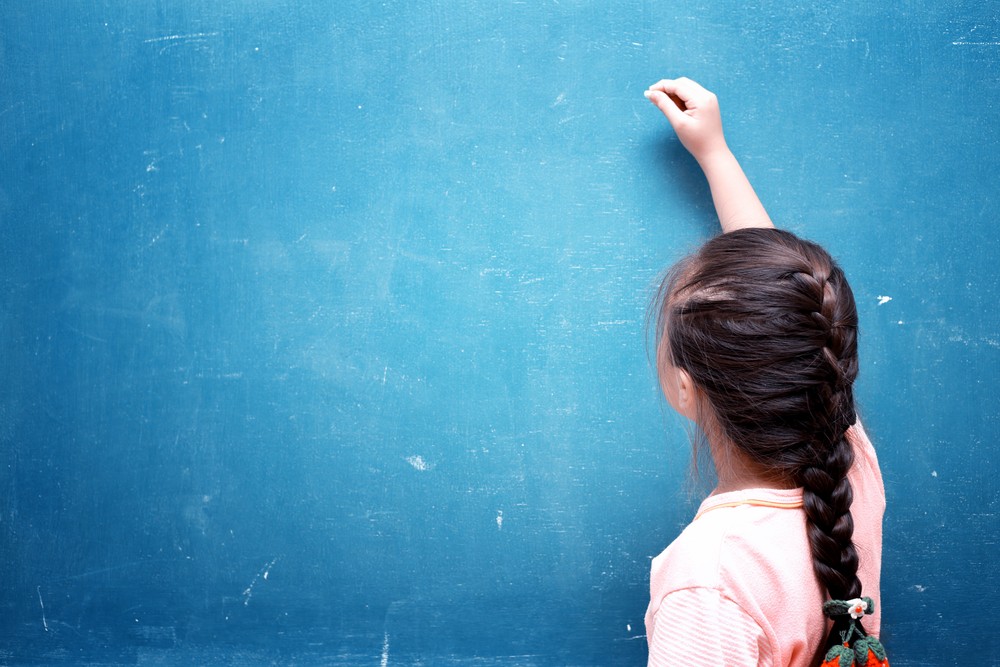Popular Reads
Top Results
Can't find what you're looking for?
View all search resultsPopular Reads
Top Results
Can't find what you're looking for?
View all search results#GirlsTakeOver calls for freedom of expression online
During the campaign, five girls were given the opportunity to take over the social media accounts of public figures in strategic positions.
Change text size
Gift Premium Articles
to Anyone
A
fter a week of global campaigning under the hashtag #GirlsTakeOver, the Plan International Indonesia Foundation (Plan Indonesia) presented a webinar on Oct. 9 to talk about the online freedom of expression for young women.
“The #GirlsTakeOver string of events aimed at increasing awareness and support of freedom of expression in a safe space for girls, including online,” said Plan Indonesia executive director Dini Widiastuti. “Girls have the right to speak, including about online violence, which often happens to them.”
The webinar was the culmination of #GirlsTakeOver events held from Oct. 5 to 9. During the campaign, five girls were given the opportunity to take over the social media accounts of public figures in strategic positions, namely journalist and Narasi.tv founder Najwa Shihab, actor and activist Hannah al Rashid, social entrepreneur and presidential staffer Angkie Yudistia, House of Representative's Commission I member Muhammad Farhan and Inovator 4.0 Indonesia founder Budiman Sudjatmiko.
In the webinar, program participants Patricia from Jayapura in Papua, Devie from North Maluku, Phylia from Kupang in East Nusa Tenggara, Salwa from East Kutai in East Kalimantan and Fayanna from Depok in West Java spoke alongside their mentors, Muhammad Farhan and Budiman Sudjatmiko, on women leaders.
Phylia, 16, said the threat of violence was rampant for girls on the internet nowadays.
Read also: #GirlsTakeover 2020 to promote freedom of expression online
“There are many things that hinder girls from expressing themselves fully due to threats of violence one, despite the fact that we should be benefiting from the internet,” she said.
Patricia, 17, said girls should never be limited while on the internet.
“Girls should have the freedom to express their opinions, convey their thoughts and feelings without threats of verbal and sexual violence on the internet.”
Plan Indonesia noted that half of the respondents in the latest State of the World’s Girls report said they had been harassed or had witnessed their friends being harassed on social media. The report involved 14,000 girls across 31 countries, including 500 from Indonesia. (wng)







